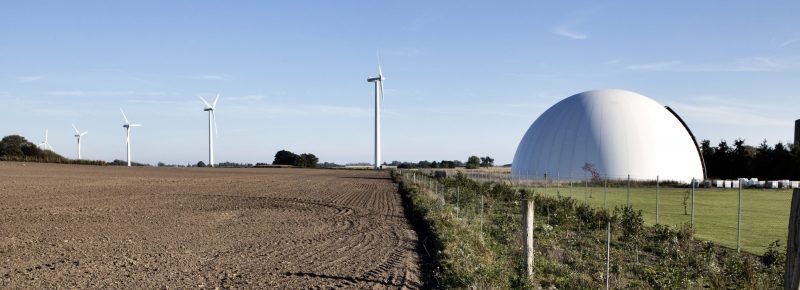Solution provider

Case


Add the case to your visit request and let us know that you are interested in visiting Denmark
The Danish biogas plant Linko Gas was established in 1992 by 60 local farmers who still own the plant in a co-operative. The main objective is as a service facility to handle the livestock manure from the farmers. The process improves the fertiliser value and reduce the environmental and climate footprint due to reduced leaching of nitrates and reduced emissions of greenhouse gases. Furthermore, the smell from the manure is reduced. Linkogas also handles organic residues from food industry and source separated household waste bringing the nutrients back in a circular economy.
The plant has gradually expanded, and in 2017 it handled 450,000 tonnes of livestock manure and residues (55 percent cattle slurry and 25 percent pig slurry). In 2018, Linkogas started a new expansion including a new organic line, which brings the capacity up to 600,000 tonnes per year. In the first 25 years the biogas was co-generated to electricity to the grid and heat to the local district heating system. In 2017, Linkogas established an upgrading plant operated by Ørsted and the biogas is now injected into the national gas grid.